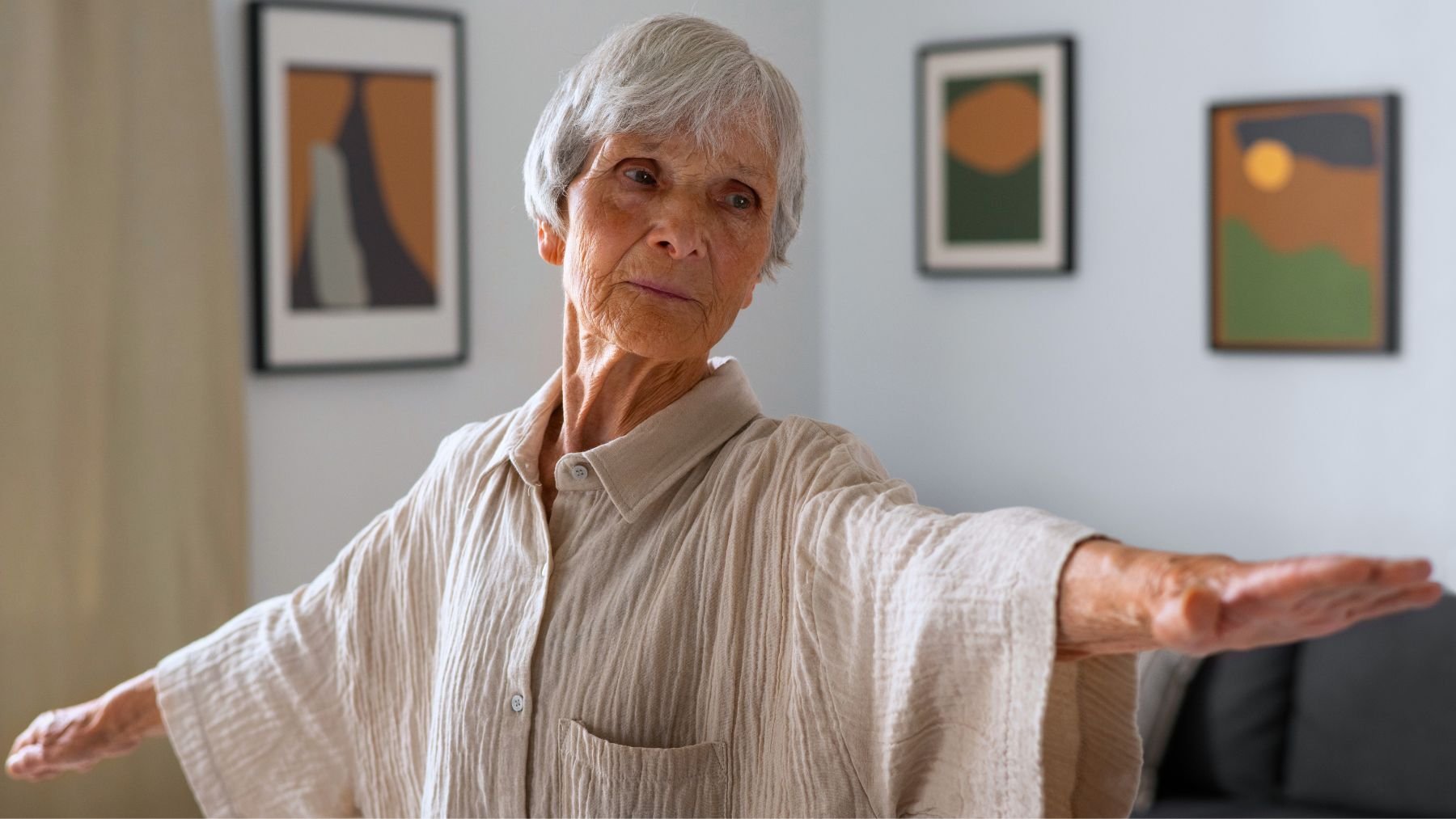When the COVID-19 pandemic disrupted daily life, older adults were among those most at risk. Beyond the threat of infection, many faced strict isolation, loss of routines, and the challenge of staying connected while physically apart. Yet new research shows that many seniors not only endured these difficulties but also found ways to adapt and grow stronger.
A study published in The Journals of Gerontology explored how adults between 51 and 95 experienced both vulnerabilities and sources of resilience early in the pandemic. By looking at personal, interpersonal, and societal factors, the researchers uncovered how they managed fear, isolation, and uncertainty. Let’s take a look at what the study revealed and share practical tips on how to foster resilience at any age.
How older adults found resilience in crisis
The study, led by Heidi Igarashi, PhD, and colleagues, surveyed 235 older adults in the United States during the first months of COVID-19. Nearly all participants reported difficulties, from disrupted routines to loneliness and worry about health. However, a significant number also described positive experiences, showing that hardship and growth often exist side by side.
On a personal level, many respondents acknowledged limits. Health concerns, canceled appointments, and reduced independence weighed heavily. Others described new opportunities: slowing down, reflecting on priorities, and developing coping strategies. Some embraced hobbies they had never had time for, while others found meaning in maintaining a daily structure despite restrictions.
At the interpersonal level, social isolation was one of the most common challenges. Family visits, religious services, and social gatherings disappeared almost overnight. But participants also described powerful examples of connection. Phone calls, video chats, and socially distanced visits became lifelines. Neighbors checked in on each other, and small acts of care built a sense of belonging even when physical closeness was impossible.
At the societal level, respondents expressed sorrow and outrage at the loss of life and political conflict, but also noted collective resilience. Witnessing community solidarity, public health efforts, and stories of kindness gave many a sense of hope. Some felt motivated to contribute, whether by volunteering, donating, or simply encouraging others.
Practical ways to build resilience
While the study focused on the pandemic, the lessons apply more broadly to aging, health, and coping with stress. Building resilience is less about avoiding difficulties and more about how we respond to them. Here are strategies that can help:
- Maintain daily routines: Structure provides stability and reduces uncertainty. Simple habits like regular meals, exercise, and sleep are essential.
- Stay socially connected: Use phone calls, group texts, or video platforms to maintain contact with those you care about.
- Engage in meaningful activities: Hobbies, volunteering, or creative projects provide purpose and stimulation.
- Practice perspective-taking: Acknowledge difficulties, but also look for opportunities or positives, however small.
- Support community efforts: Contributing to others—whether through donations, advocacy, or neighborly help—fosters both connection and purpose.
Resilience is the ability to adapt and find ways to draw strength from personal choices, social ties, and community. The study reminds us that even in times of crisis, older adults can model powerful forms of endurance and growth.
